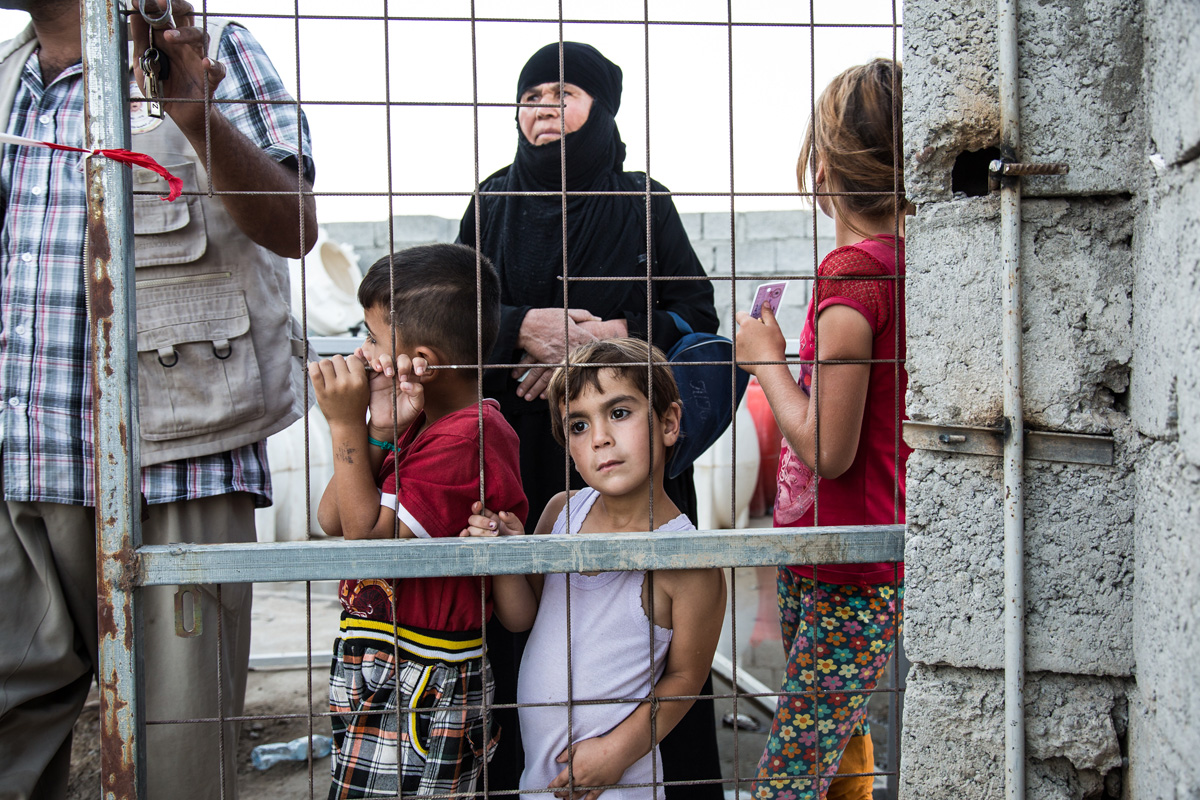Blog Home > prevention
-
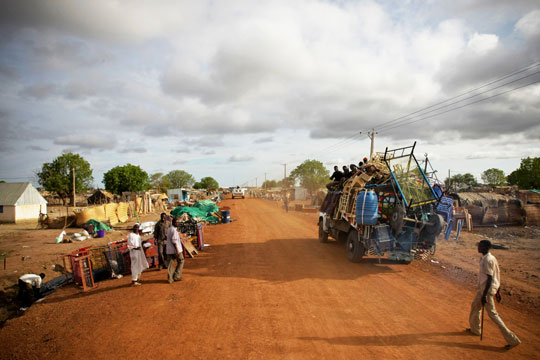
Abyei on the Brink Again
May 23, 2011
Abyei, the contested border region whose final status is not resolved, is once again the scene of violence that has the potential to derail the final negotiations between Sudan’s north and south before South Sudan declares its independence on July 9, 2011. At risk should this violence reignite the larger war are the lives of millions of civilians who have already survived decades of conflict and are eagerly awaiting their chance to build a new future.
-

A Massacre in Côte d’Ivoire
April 4, 2011
On March 29, at least 800 people were killed in the western Ivorian town of Duékoué, according to the International Committee of the Red Cross, which did not offer further details on the violence, except to say that it appeared to be intercommunal. It remains unclear who committed the violence. Numerous corpses are strewn throughout the neighborhood; an estimated 250 displaced children are living in the surrounding forest; and more than 15,000 displaced people continue to seek safety inside the confines of the Roman Catholic mission in Duékoué.
-
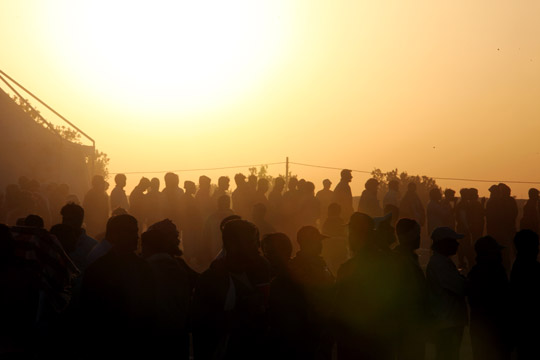
Libya Intervention Shows Shift in Thinking about Mass Atrocities
April 1, 2011
On Friday, April 1, Mike Abramowitz published an op-ed in The Washington Post about the intervention in Libya and what it means for efforts to prevent genocide and mass atrocities around the world:
-
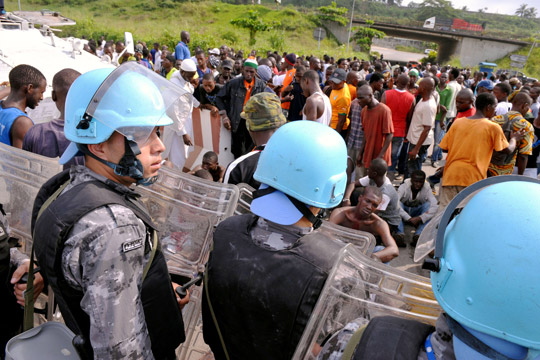
Below the Radar, Côte d’Ivoire Deteriorates
March 21, 2011
Amidst the turmoil in North Africa and the Middle East, an attempted transfer of power in Côte d’Ivoire the peaceful, democratic way – through elections – is increasingly collapsing into civil war, with devastating consequences for civilians.
-
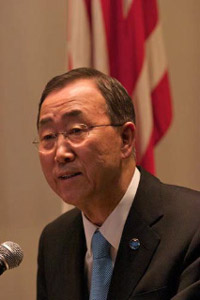
At Museum, UN Secretary-General Says “Never Again” is a Clarion Call to Moral Action
February 28, 2011
UN Secretary-General Ban Ki-moon visited the United States Holocaust Memorial Museum today, touring the Museum’s Permanent Exhibition, The Holocaust, and the Museum’s display on contemporary genocide, From Memory to Action.
-

Vice President Biden Discusses US Approach to Genocide Prevention
February 26, 2011
On February 24, 2011, the Museum held a special event in honor of the life and legacy of the late U.S. Representative Tom Lantos, the only Holocaust survivor to serve in Congress. In his remarks, featured speaker Vice President Joseph Biden spoke about the United States' current approach to genocide prevention. He credited the Genocide Prevention Task Force--convened by the Museum with the U.S. Institute of Peace and The American Academy of Diplomacy--for making genocide prevention "an integral part of our national security apparatus."
-

At Museum, Vice President Biden Emphasizes Genocide is Preventable
February 25, 2011
Vice President Joe Biden was the featured speaker at a special event yesterday at the U.S. Holocaust Memorial Museum in honor of the life and legacy of the late U.S. Representative Tom Lantos.
-

The Promise of a World without Genocide
February 18, 2011
Twenty five years ago, on February 19, 1986, the US Senate ratified the United Nations Convention on the Prevention and Punishment of the Crime of Genocide. But this ratification was not easily accomplished. Nor was it a foregone conclusion.
-
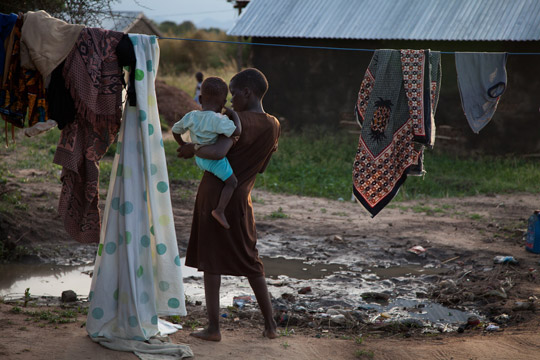
Reflections on International Holocaust Remembrance Day
January 27, 2011
In an op-ed for Politico, the Museum's Mike Abramowitz and Mark Hanis, president of the Genocide Intervention Network / Save Darfur Coalition, offer some reflections to mark this year's International Holocaust Remembrance Day.
-

Concern for Côte d’Ivoire
January 21, 2011
As the political standoff in Côte d’Ivoire enters its seventh week, the UN Secretary-General’s Special Advisers on the Prevention of Genocide and the Responsibility to Protect (R2P) issued a second statement on Wednesday about human rights violations in the aftermath of disputed presidential elections. “We remain gravely concerned about the possibility of genocide, crimes against humanity, war crimes and ethnic cleansing in Côte d’Ivoire. We believe that urgent steps should be taken, in line with the 'responsibility to protect', to avert the risk of genocide and ensure the protection of those at risk of mass atrocities,” the statement said.

